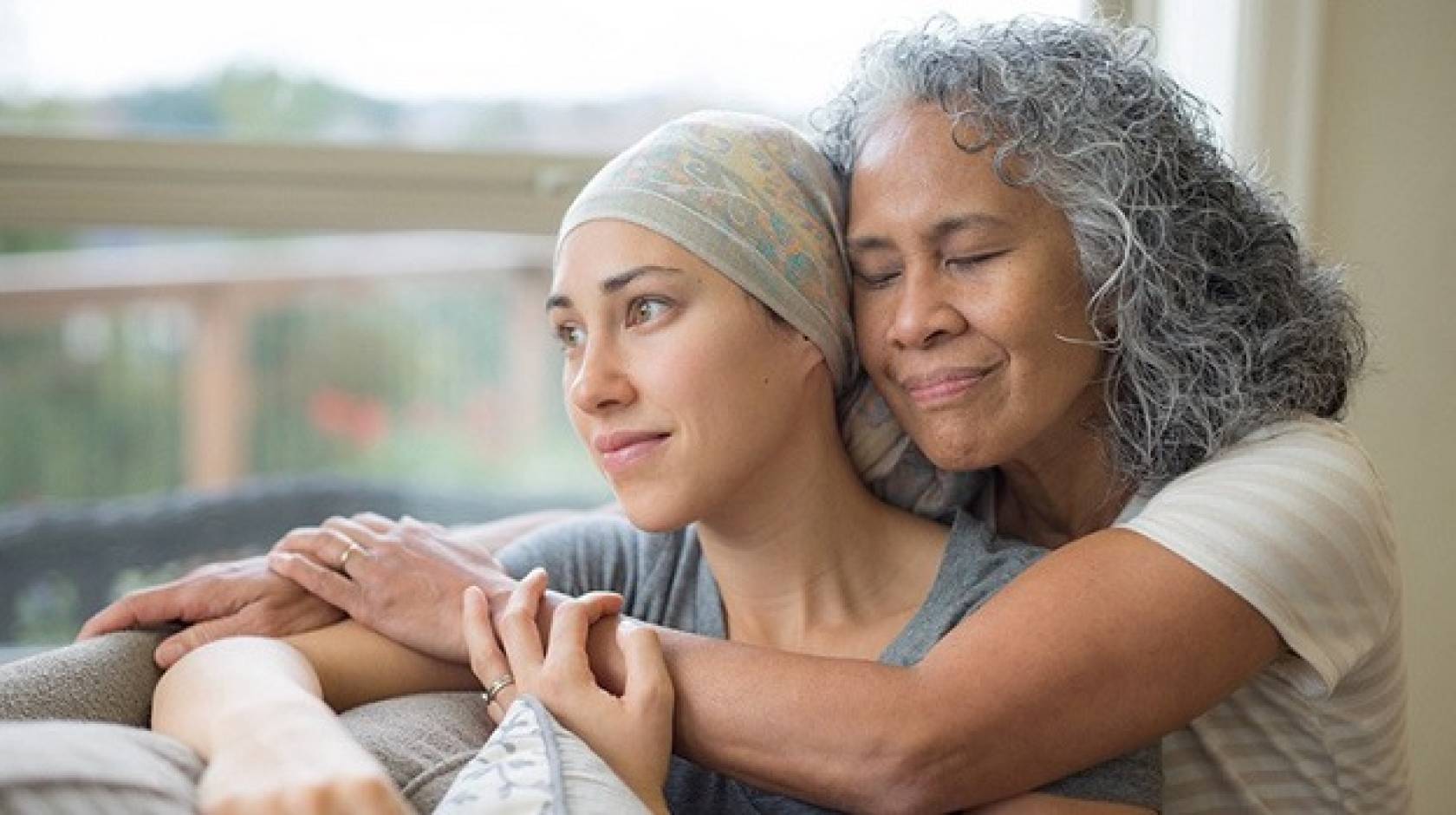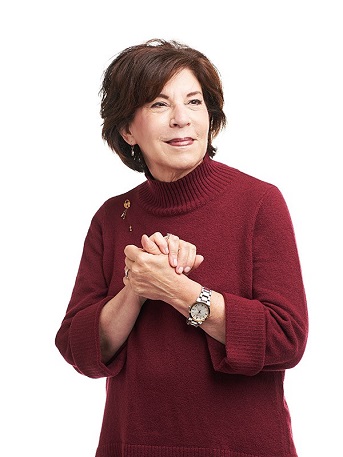Susan Godstone, UCSF

Cynthia Perlis, author of “Bedside Manners: What to say and what not to say when someone is ill,” shares her most important takeaways from 30 years of listening to cancer patients at UCSF.
Listen mindfully
There is not a right thing to say but more a right way to be, Perlis says. She recommends mindful listening to better understand who someone is and what they are feeling. Everyone is different and responds to words in a different way. It’s crucial to recognize this, stay in the present for as long as possible, and not rush in with advice. Our natural inclination is to want to make the person feel better, fix things, and offer solutions. But Perlis believes it is not the responsibility of the family member or friend to say “You’ll be all right.” Instead, she suggests, “we need to learn to accept people’s feelings in the moment. There is a real process involved in being able to mindfully listen to someone and hold their feelings without judgment and opinion.”

Credit: Steve Babuljak
Show up;… and keep showing up
A complaint Perlis hears a lot from patients is that friends are there for them 100 percent in the first few weeks after their diagnosis, but then they disappear. “If you don’t know what to say, don’t just disappear,” she says. “Sometimes sitting quietly and being there is everything.” Indeed, Perlis contends that showing up is one of the most helpful things you can do for a loved one. She recalls a patient calling it a “beautiful moment” when a friend came unexpectedly, with a favorite book, to visit her at the infusion center.
Help with the simple things
One of the better ways you can help is by taking on some of the person’s mundane chores like cleaning out the fridge, doing the laundry, cooking a meal, or taking the dog for a walk. Asking people what they need is a good start, but sometimes they will have no sense of what they need. In that case, just being present and displaying compassion for what they are going through may be enough. What they really need may then become more evident.
Show warmth, not pity
“Look people in the eye and show warmth, not pity,” Perlis advises. “Hugging and touching also work.” Most of us in this situation mean well, but being kind and mindfully thoughtful requires putting aside our own fears, feelings, and opinions.
Cynthia Perlis is director of the Ernest H. Rosenbaum, M.D., Art for Recovery program in the UCSF Helen Diller Family Comprehensive Cancer Center.
Learn more about her book, “Bedside Manners.”

